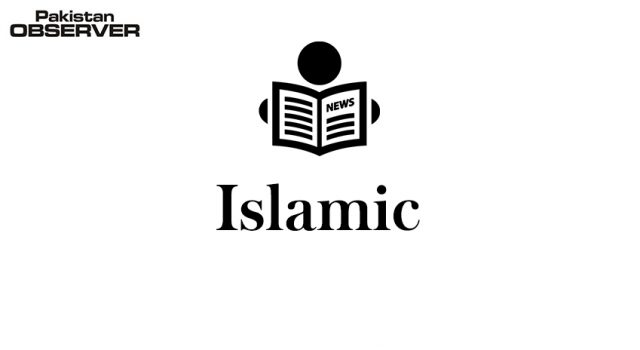Edward H. Baker
Imagine a financial system that permits neither payment or collection of interest, nor transactions based on speculation or risk. It would go completely against the grain of Western commerce, which has evolved its notions of credit since the Renaissance, with the decline of prohibitions against usury and the rise of conventional banking. This financial system, subject to the strictures of religious law, takes virtually every kind of debt financing, including mortgages, bonds, business loans, and leveraged buyouts, off the table. Such an approach might seem unsustainable in the complex world of modern finance. But in fact, Islamic finance the approach described is thriving.
Although the precise size of the Islamic banking market is difficult to quantify, the Banker, a U.K.-based trade publication, estimates that worldwide Islamic finance assets increased 30 percent in 2007, to US$500 billion. Others believe it has already reached $1 trillion in value. Admittedly, that’s small change compared with the size of the worldwide market for conventional finance. Wachovia Corporation alone boasts more than $700 billion in assets, and it is only the fourth-largest bank in the U.S. But that $500 billion takes on some heft when you consider that assets held by Islamic financial instruments were greater than the $414 billion invested in U.S. companies last year by individuals and institutions throughout the world, and it far exceeded the $50 billion invested in U.S. companies by the four most financially active Muslim states: the United Arab Emirates (UAE), Saudi Arabia, Singapore, and Kuwait. In addition, Islamic finance accounted for just a few billion dollars as recently as 2000, and most experts expect it to grow 20 percent annually for at least the next few years.
But the numbers alone don’t explain why Western financiers should pay attention to this parallel financial universe. Its rise is a symptom of a new sense of power on the part of Muslim investors as they attempt to fully engage in the global financial economy on their own terms. Islamic finance is a potentially significant source of money for Western companies, a major opportunity for banks and other institutions to create investment products that comply with Islamic law, and, perhaps, a more general spur to financial innovation.
The American reaction to the terrorist attacks of September 11, 2001 (9/11), played a significant part in the growth of Islamic finance. Many Middle East investors and financial institutions felt that the U.S. responded by attempting to stigmatize the Middle East. For example, the George W. Bush administration designated numerous Middle East financial institutions and financiers as abettors of terrorism and thus to be avoided. In 2006, Congress beat back the effort by DP World, the Dubai-based operator of port facilities, to purchase the management of shipping terminals in the U.S. after a public outcry against Arab investments. Activities such as these created a religious backlash among Middle East financiers. “Following 9/11, the U.S. began to treat money from the Middle East as ‘Islamic money,’” notes Luma Saqqaf, head of Islamic finance in the Dubai office of London-based law firm Linklaters LLP. “A lot of Middle East banks came under scrutiny, and some accounts were frozen. That became part of a religious wake-up call, a rise in the number of people turning to Islam. Those investors are now saying, ‘We want to invest our money on our terms terms in line with our religious beliefs.’”
Islamic commerce adheres to sharia Islamic law based on the Holy Quran which prohibits charging or paying interest; speculation in any form; and investing in companies engaged in any of a variety of censured activities, such as consuming alcohol, gambling, and manufacturing weapons. That would seem to prevent Islamic financiers and investors from participating in most of the transactions that make up the contemporary world of finance. But enabling the growth of Islamic finance is a range of deal structures, each of which must be approved by a committee of sharia scholars, designed to work around these prohibitions. In a standard retail mortgage, for instance, a bank lends a set amount of money to the buyer at a certain interest rate for a predetermined amount of time. In a sharia-compliant mortgage, however, the bank might purchase the house outright and then sell it to the buyer for a fixed price that would include a premium above the amount the bank paid, payable by the buyer in installments over 15 or 30 years. Because the transaction does not technically involve the payment of interest — instead, it is driven by a built-in profit margin — the religion would permit it.
Now extend that principle to more complex transactions, and you have the basis for commercial Islamic finance. Corporate or sovereign bonds get around the prohibition of interest by being structured as ownership interests in the underlying asset, entitled to a proportionate share of the returns generated by the asset. (A secondary market in these bonds, called sukuk, has already come into being in the Middle East.) Even private equity can operate in an Islamic context. Under the terms of a typical deal, a company being invested in could be viewed as a series of assets leased to the private equity fund, which would eventually control the entire business. The return to the fund would be based primarily on the company’s growth.—Courtesy: Strategy+Business










